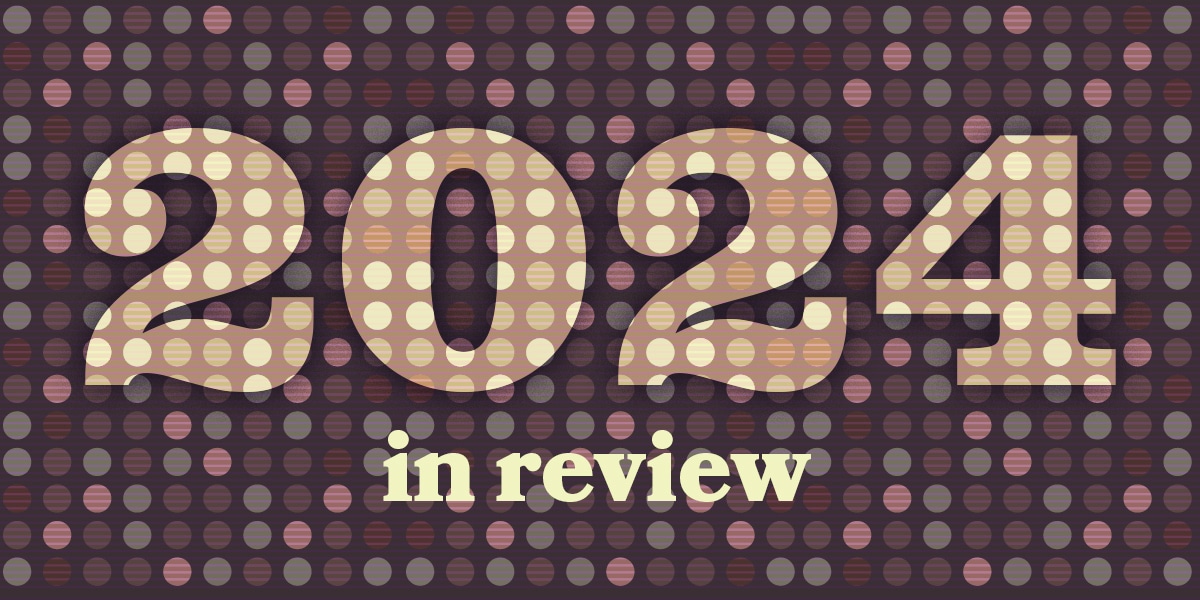The year 2024 has emerged as a significant period, characterized by elections in countries representing nearly half of the world’s population, armed conflicts, and the dissolution of several governments. Amidst these accelerated changes, the right to freedom of expression has faced numerous challenges, evidenced by a notable increase in restrictions on this fundamental right.
One of the most concerning aspects of this year has been the increase in internet shutdowns. In 2024, at least 64 countries held elections, and it has been documented that in seven of these nations, including Comoros, Azerbaijan, Pakistan, and India, internet access was restricted during election periods. These interruptions not only hinder the dissemination of information about events on the ground but also affect access to essential services, greatly impacting sectors such as commerce and communication.
Furthermore, the repression of freedom of expression has become more apparent in conflict situations. In countries like Sudan, a total communication blackout has been imposed amidst episodes of violence, while in Iran access to social media was restricted during protests. The situation in Gaza has also been critical, with frequent internet shutdowns by Israeli authorities, limiting citizens’ ability to inform and communicate.
Social media platforms have played a controversial role in this context, especially in the case of Palestine, where unfair content moderation acts have been reported. Measures taken by companies like Meta in the face of Israeli government pressure contrast with their discourse of defending freedom of expression.
Another worrying phenomenon is the implementation of new laws restricting internet access based on age, particularly impacting vulnerable communities like the LGBTQ+. In various countries, legislations have been proposed that require identity verification, limiting young people’s ability to express themselves freely online. An example of this is a bill in Canada, which aims to protect minors from sexually explicit content but could severely affect their digital autonomy.
At the same time, cybercrime has emerged as a growing concern, with regulations threatening freedom of expression under the guise of combating online crimes. In nations like Jordan, cybercrime laws have been used to silence journalists and human rights defenders, revealing how the fight against misinformation can become an excuse to suppress critical voices.
As the year progresses, experts and activists warn that defending freedom of expression in the digital realm is becoming increasingly crucial. Collaboration between various organizations and coalitions is considered essential to safeguarding these essential rights and confronting the growing repression that endangers freedom of information and communication globally.
via: MiMub in Spanish










